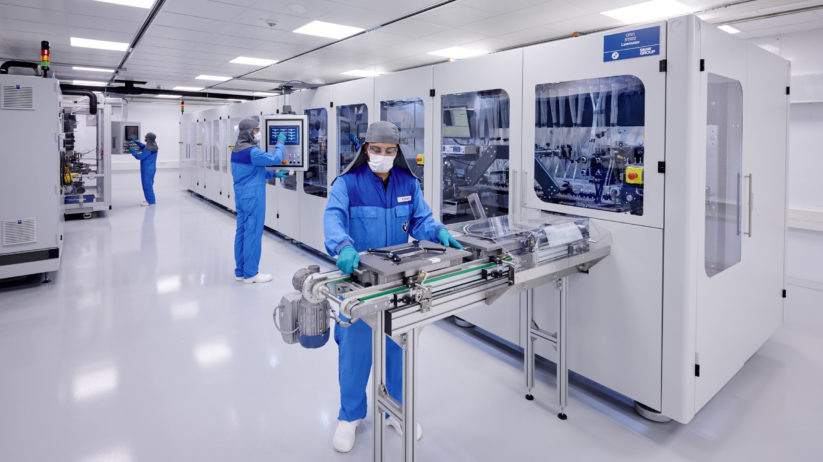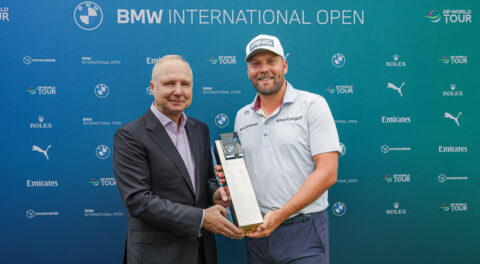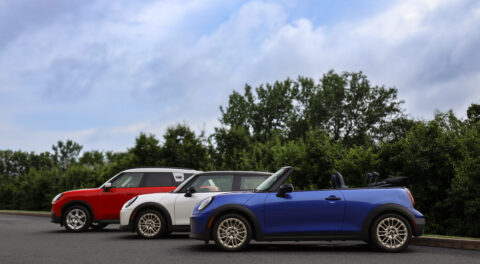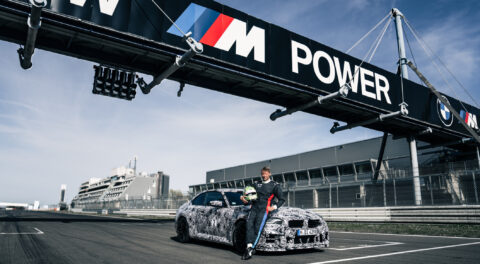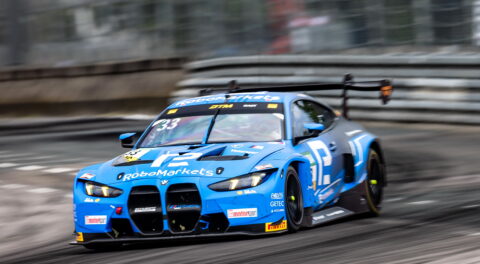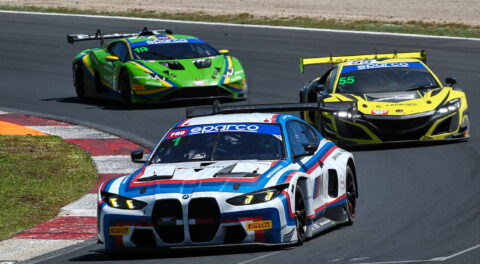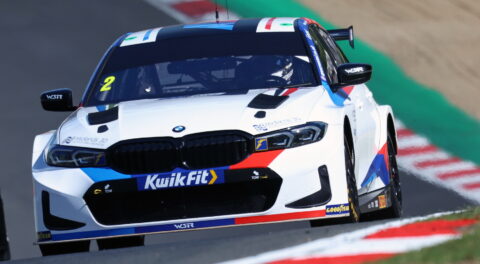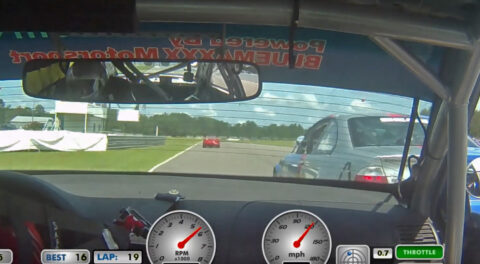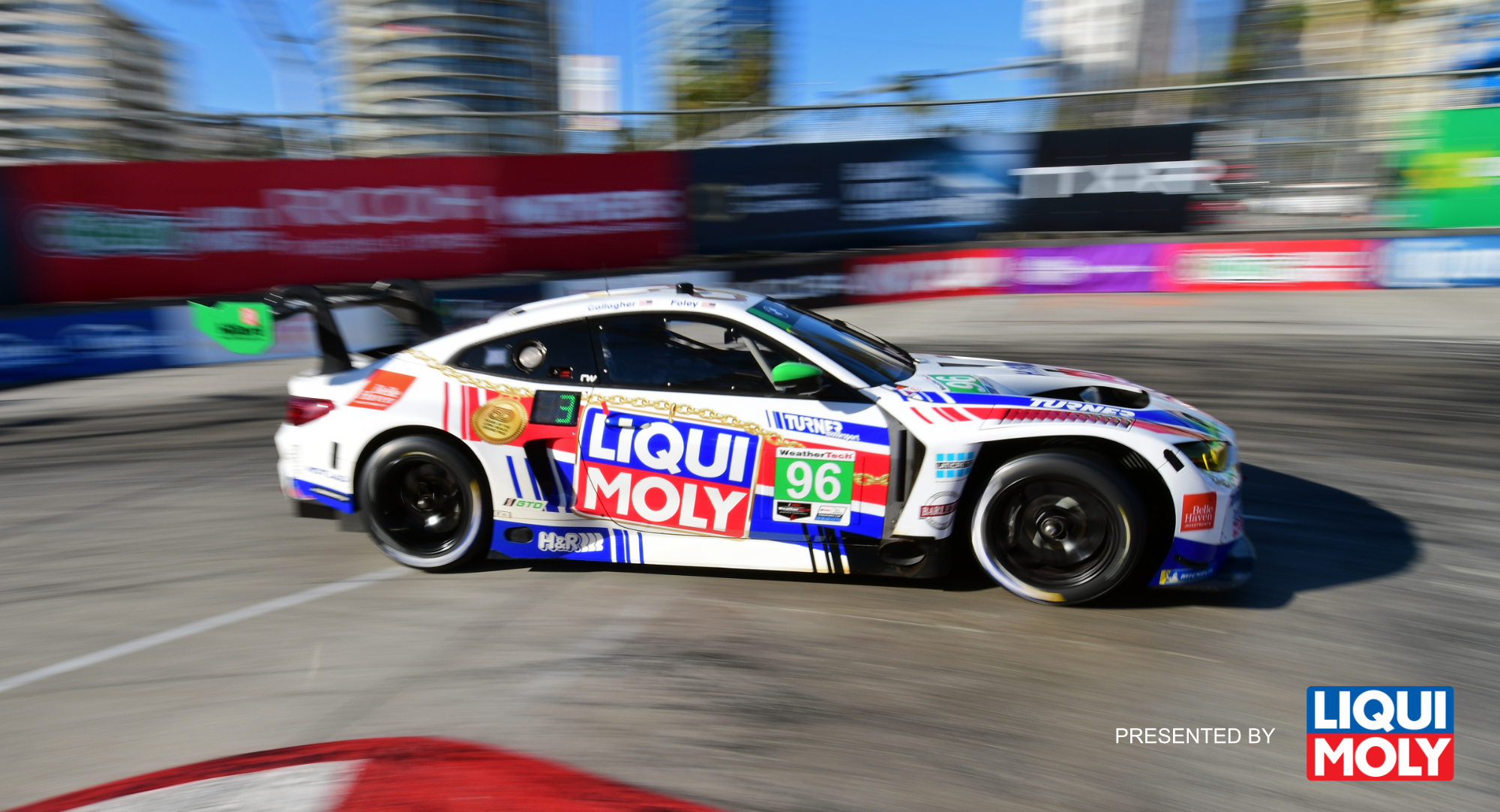Hybrid and electric vehicle batteries; they’re one of the most divisive characteristics of the global switch to electrified transportation. Where are the key materials necessary for the production sourced? Does the supply chain that results in your hybrid or EV procure them ethically? What happens when the cells are spent, and it’s either time for a new battery pack, or a new vehicle entirely? At the end of the day, are we merely transferring the pollution of internal combustion-powered vehicles elsewhere down the line?
These are the questions a seemingly growing number of buyers are currently asking when they approach their next vehicle purchase, whether they’re looking at something as environmentally benign as an i3, or as capable as an X5 xDrive45e.
For those asking these (sometimes difficult to address) questions, BMW is working on an answer. The solution comes in the form of a closed, end-to-end material cycle for batteries, in which BMW and a select few partners control the entire manufacturing process, from end to end. With a total of 25 hybrid or EV models slotted to join to line up in full by 2023, BMW’s demand for battery cells is only forecasted to grow as the automaker adapts to its second century of existence. Unlike other automakers, who will likely end up sharing not only battery technology, but also individual cell designs with other manufacturers, BMW intends to be, “the first automaker to cover the entire process chain for electric driving,” according to Milan Nedeljković, member of the Board of Management of BMW AG, responsible for Production.
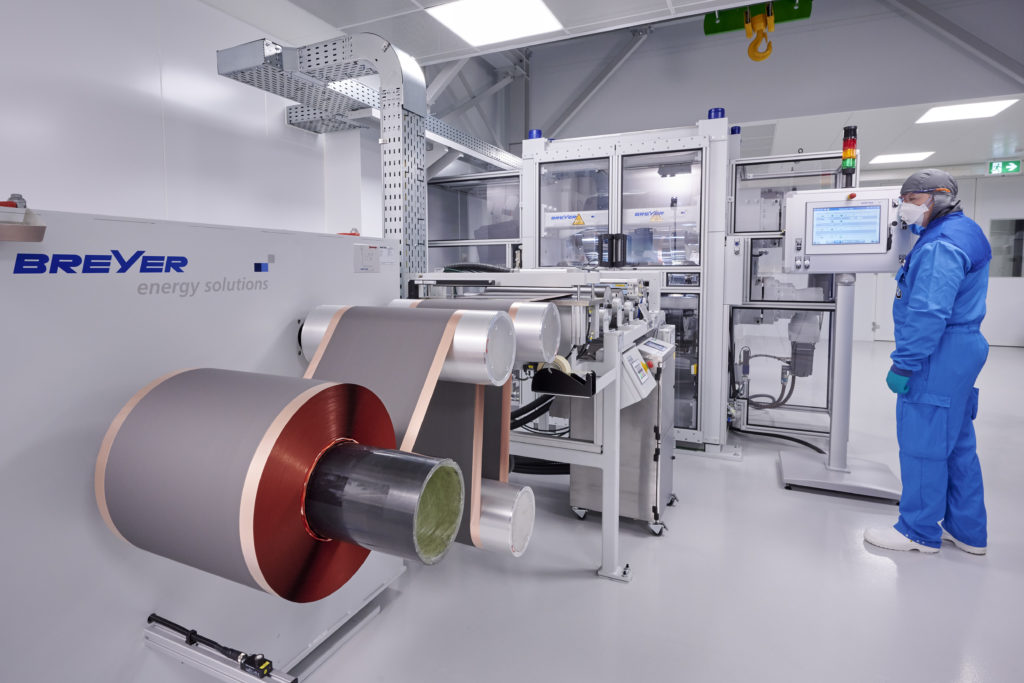
To pull it off, BMW is working with two key partners. One is Belgium-based Umicore, a battery material developer, while the other is Swedish battery maker Northvolt. The name Northvolt may come with some recognition, as it’s the company founded by a pair of former Tesla executives who collaborated on the automaker’s Nevada Gigafactory with Panasonic. It is being reported that BMW has signed a long-term contract estimated to be valued at more than $2,000,000,000 with the company, which will produce batteries from a Gigfactory being built in Skellefteå, Sweden. Rather interestingly, Volkswagen is an investor in Northvolt, with an agreement that contains an option for the two firms to build another factory to supply VW.
In addition to the Battery Cell Competence Center BMW completed last year in Munich, the automaker is also planning to build its own pilot plant for battery production, which will be located in nearby Parsdorf. The factory is scheduled to commence production during late 2022, will employ a staff of roughly 50, and comes at an investment of 110,000€. It may not be the only battery factory BMW is planning to build, as the automaker estimates hybrids and EVs will make up for 25% of total European market sales by next year, one-third by 2023, and half by 2030—less than ten years from now.
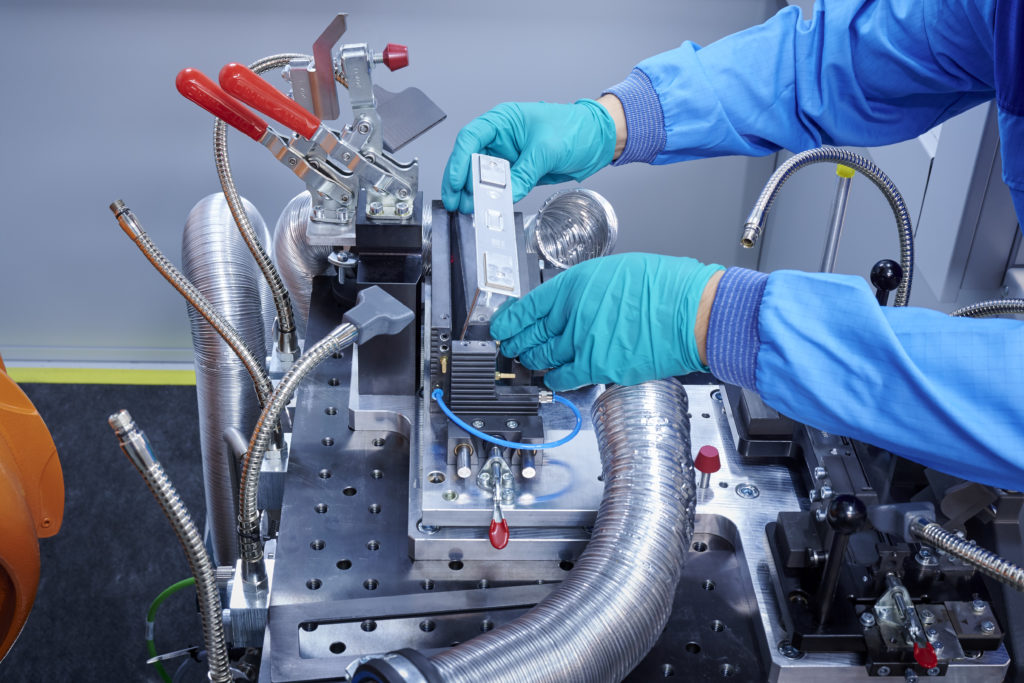
Sustainability is of key importance to BMW as it relates to increasing battery production. According to the manufacturer, up to 40% of an electric vehicle’s CO2 emissions come from battery cell production alone. To curb output, the Northvolt factory in Sweden will source energy for battery production exclusively from renewable sources (wind and hydroelectric) located in the northern region of the country. BMW has also reached a contractual agreement with its current cell manufacturers to produce its upcoming fifth-generation battery cells using only green power. Batteries using these cells will hit the road for the first time later this year in the not-sold-here iX3, and before long, in the i4 and iNext.
Closing the loop is now playing a larger role in design than ever before, as well. This is where Umicore comes in, an integral partner for BMW in terms of battery material sustainability. The claim is bold, but BMW is planning to develop batteries cells that will be recyclable. Again, it’s all in the name is maintaining a closed-loop cycle for battery cells, from development to end-of-life.
BMW isn’t pursuing an expansion of battery production capacity exclusively in Europe. Last year, the automaker invested $10,000,000 to add floor space to it’s largest production facility, Group Plant Spartanburg, exclusively for battery production. More recently, the company started working with a California-based Creamery to generate electricity, while it is also researching the potential for so-called bi-directional charging. As far back as 2018, it has also helped to balance power grid supply and demand in Germany with its own energy control stations.—Alex Tock
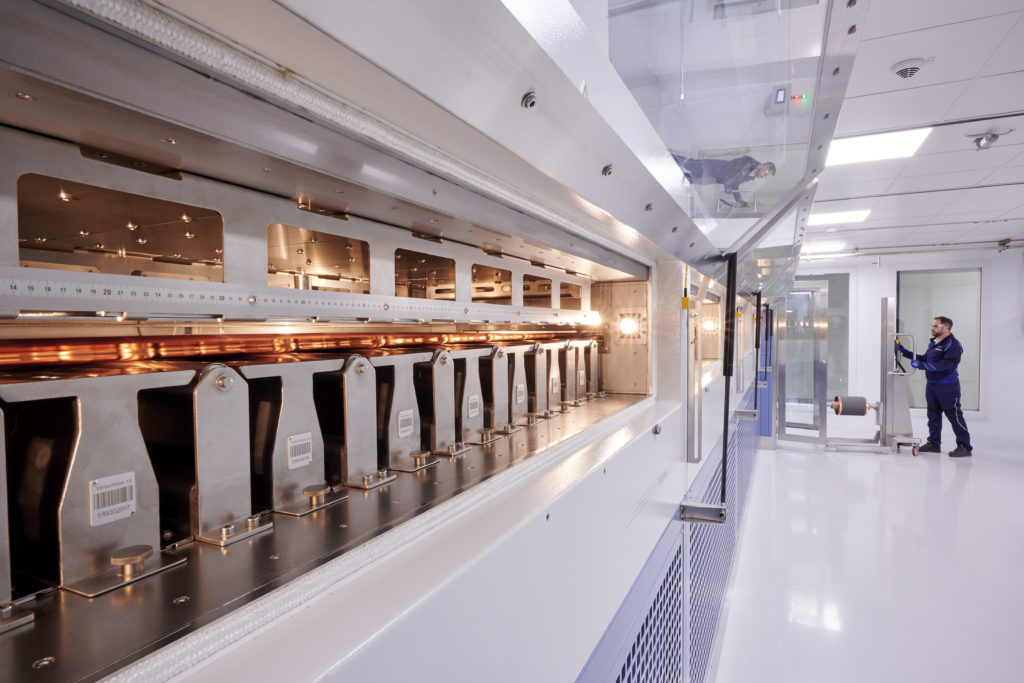
[Photos courtesy BMW AG.]

